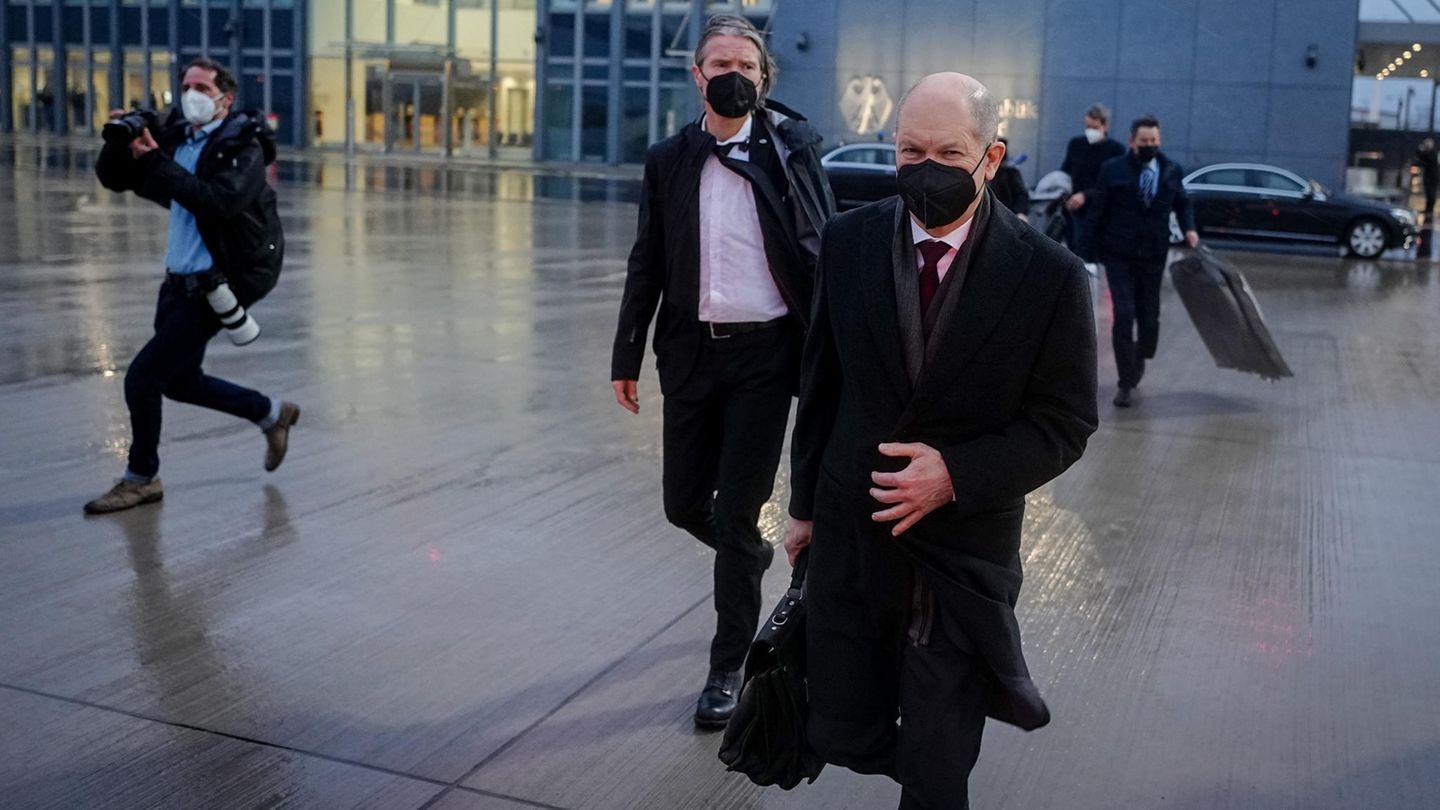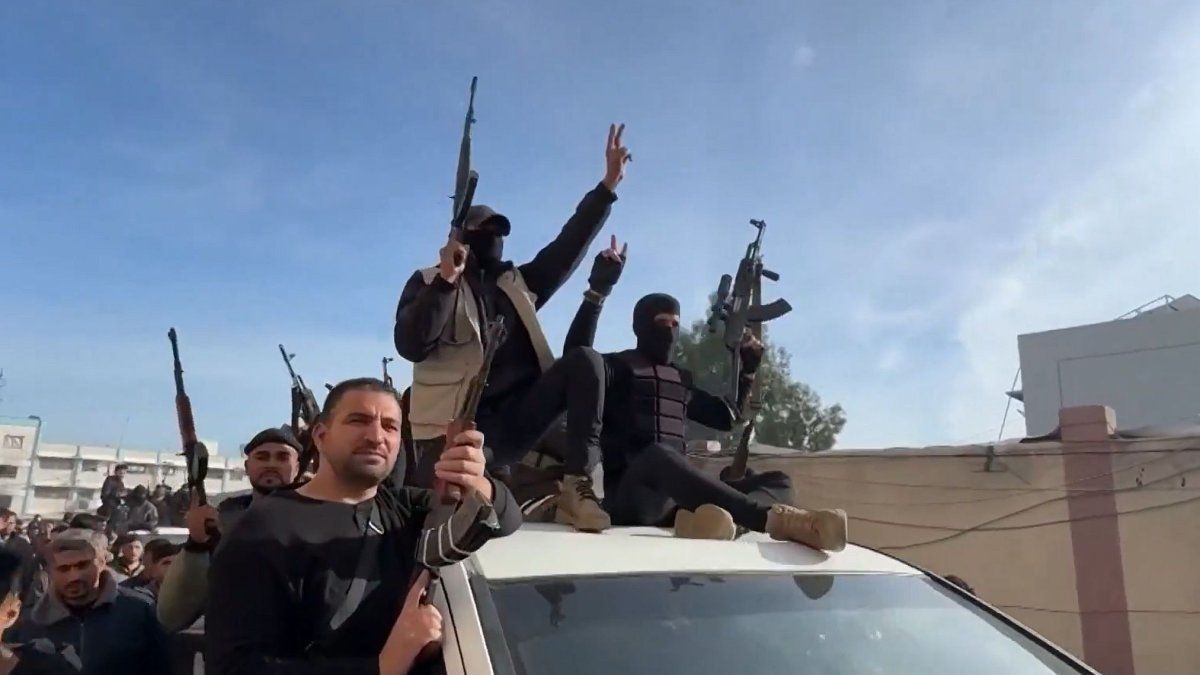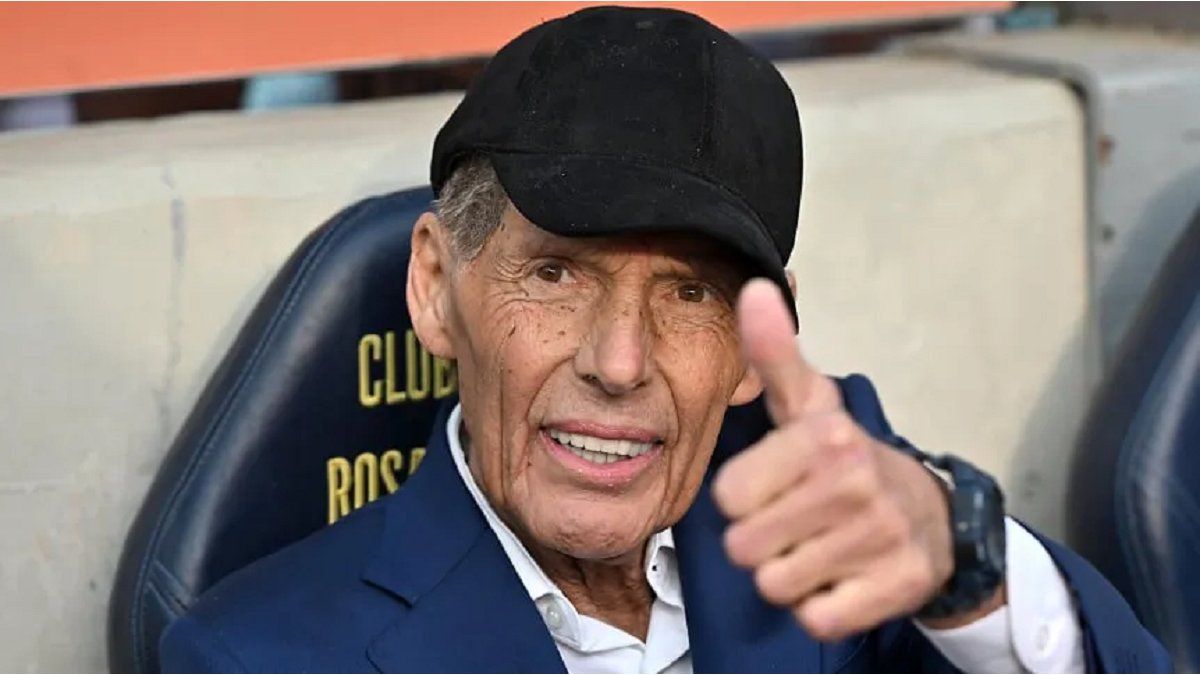Olaf Scholz is struggling in Washington for his external image, while US President Joe Biden is likely to hold the Chancellor responsible. Can that be fun? Shrill tones are not to be expected – at least not in public.
It was only a few days ago that there was sardonic speculation about the Chancellor’s whereabouts. ? Now the missing person, who seemed strangely absent despite crises and conflicts, is stepping out of the fog – and into the limelight. He can be seen on television, gives interviews, moves from the verbally approximate to the politically concrete. The message: the chancellor is back (again) and he is in crisis mode.
A foreign policy appointment Tetris begins for Scholz this Monday. The Chancellor will complete in the coming hours, tomorrow he will meet French President Emmanuel Macron and Poland’s President Andrzej Duda in Berlin, the three Baltic heads of government are to follow this week, next week Scholz will travel first to Kiev and then to Moscow before he at the Munich Security Conference.
Where is Olaf Scholz? This question will only arise in the next 14 days because it has become confusing in view of the Chancellor’s many appointments. It is Scholz’s attempt to dispel the impression at home and abroad that Germany would hesitate and procrastinate in the conflict with Russia – by showing presence and thirst for action as Chancellor.
SOS to Olaf Scholz
In this respect, his sudden restlessness is also an admission. Recently, doubts have grown as to whether the Federal Republic is still a reliable partner. The verbal restraint in the conflict between Ukraine and Russia was viewed with suspicion, particularly in the USA.
That finally negotiated the question of whether Germany was still a partner you could rely on – and delivered the answer in German: “No”. She was also surprised at the position of the Federal Republic. The German ambassador in Washington, Emily Haber, was grilled with relevant questions. Days earlier: “Berlin, we have a problem”, Germany is being discredited as an “unreliable partner” because of its course in the Ukraine conflict.
The SOS has obviously reached Scholz, who is now repeatedly emphasizing Germany’s commitment to Ukraine. “We have been the ones who have been providing massive financial support to Ukraine for many years,” he said shortly before leaving for Washington. “We are the largest donor since 2014 for bilateral and economic aid.” In NATO, the EU and continental Europe, one is also the country with the “highest defense contribution, nobody should overlook that.” Scholz is now trying to change the fact that it was apparently overlooked.
The Chancellor is thus going on the offensive, quietly bidding farewell to the cautious generalities that initially characterized his crisis communication. His maneuvering has recently been accompanied by a loss of popularity: According to his political work, only 43 percent of Germans are “satisfied” or “very satisfied” – a drop of 17 percent compared to the beginning of January, which according to infratest dimap is a negative record in the Federal Republic of Germany for a Chancellor marked.
Olaf Scholz and Joe Biden need each other
US President Joe Biden has also At the meeting, he should therefore also insist on a clearer commitment from Scholz that the controversial Nord Stream 2 gas pipeline could be more than just “an option” that is on the table – according to Germany’s vague formulation – but a priced-in blow possible list of sanctions against Moscow should an invasion of the Ukraine occur.
In the pipeline dispute, which the Republicans in Congress in particular are keeping simmering, Biden had . He made concessions to Scholz in order to strengthen the transatlantic relationship again after the stressful Trump years – and in return should expect a resolute commitment from Scholz.
Just to send a signal to the public of the joint determination of the NATO partners on the Russia question – and to the Russian President Vladimir Putin that attempts to split the western alliance are in vain.
The heads of government need each other. Biden should therefore not make it too difficult for Scholz, at least not publicly, and ensure a harmonious inaugural visit. Even beforehand, the Chancellery was evidently knitting the story that Germany and the USA set the pace when it came to European-American cooperation, and that the Biden administration was even a “stroke of luck” for the relationship.
Scholz was a little less euphoric before he left for Washington. He emphasized the “clear strategy” that has been pursued “for a long time (…) with our allies”. Discussions will continue on how to make it clear “that military aggression against Ukraine would have high costs for Russia.” Very precise agreements have been prepared “with the USA, the EU and everyone who is concerned,” said Scholz. He also stated: “On the one hand, Russia must know that if there is military aggression against Ukraine, it will have high costs and, on the other hand, that we prepare the way for talks to resume.”
Scholz is full of energy – it now remains to be seen what will follow.
Source: Stern
David William is a talented author who has made a name for himself in the world of writing. He is a professional author who writes on a wide range of topics, from general interest to opinion news. David is currently working as a writer at 24 hours worlds where he brings his unique perspective and in-depth research to his articles, making them both informative and engaging.




